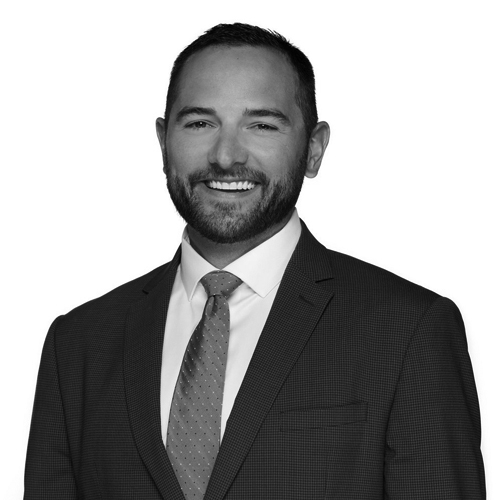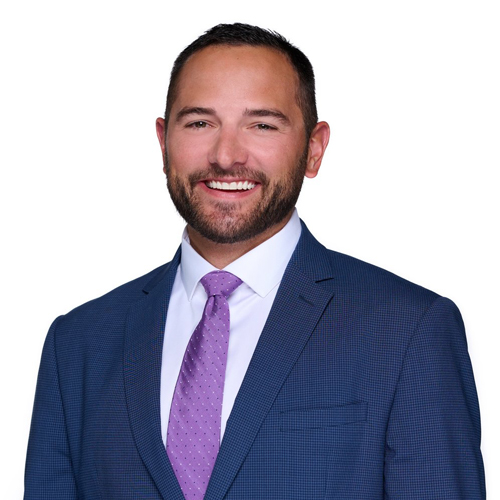Financial advisors love the Roth account. By providing tax-free withdrawals and eliminating Required Minimum Withdrawals (RMDs), Roth accounts give you much more flexibility in retirement. But if you look at your portfolio, how much of your funds are qualified as Roth? Maybe not as much as you’d like.
Fortunately, it’s not too late to take advantage of Roth’s benefits via a Roth conversion. The process is simple – you remove funds from your ‘Traditional’ retirement account, pay taxes on the original contributions and earnings (you got a tax deferral at the time of contribution), and put what is left into a Roth account. Wait five years, and you have tax and penalty-free withdrawals (rules and restrictions apply).
Okay, maybe it’s not quite that simple, and that’s why we’re writing this article. Plus, if you were already well aware of the process and implications of a Roth conversion, Secure 2.0 brought about some changes you may be unaware of that may significantly affect your financial strategy.
Roth Rules Under SECURE 2.0
No More Roth 401(K) RMDs
Effective January 1, 2024, Roth 401(k) accounts are no longer required to make Required Minimum Distributions (RMDs), meaning you can let those funds grow as long as you wish. This fundamental change offers a way to delay removing those funds until you really need them, for example, later in life when other income sources have dried up.
Matching Contributions
If you have a 401(K) with a matching program, you’re in an excellent position to boost your retirement savings. And now, companies have the option to designate their matches as Roth.
Catch-Up Contributions
For those over age 50 earning at least $145,000 (this figure will be adjusted annually), catch-up contributions will eventually have to be designated as Roth contributions. However, the IRS has recently announced a two-year delay in implementing this new aspect of Secure 2.0.
When It Makes Sense to Convert to Roth
Considering the above changes, let’s delve into when we should execute a Roth conversion. We should also remember that the individual factors are just that – individual. Only by looking at your complete financial picture can the correct decision be made regarding whether to convert. However, the factors below can be counted as good triggers or starting points to initiate a conversation.
And for every point we make, one variable stands out the most – will your converted funds have time to catch up before beginning your withdrawals? If the answer is no, a Roth conversion may simply not be for you.
Additionally, any Roth conversion comes with a tax bill that must be carefully planned for. This is where a fiduciary financial advisor can add significant value. They can model various scenarios and their tax ramifications, helping you choose the most optimal strategy.
When Markets are Low
If you’re riding market highs in retirement, that’s fantastic! You’ll have more overall funds at your disposal. However, if that means you are removing an ample amount of funds, your taxable income may be higher, potentially leading to a higher tax bracket and throwing a wrench into your tax plan.
If you experience a down market well before retiring, you may want to take that opportunity to get taxes out of the way while your portfolio has a lower overall value.
You’re Far From Retirement
Converting at a young age means you’ll have plenty of time to catch up to pre-conversion levels and give your new post-tax funds many years of tax-free compound gains. You’ll also get a head start on your retirement tax plan.
You'll Be in a Higher Tax Bracket
The further out retirement is, the more difficult it is to guess your retirement tax bracket or even what tax brackets will look like. However, barring any major legislative changes between now and 2025, TCJA tax cuts are set to expire in 2025, meaning we can all expect a tax bump in 2026.
You Have Fewer Sources of Income (or Less Income)
As people age, they often pick up other sources of income, so it may be a mistake to assume your only sources of income may be your retirement account withdrawals and Social Security. Your typical 25-year-old may only have their salary as their sole source of income, but what about that same 25-year-old in retirement? If they’re a savvy investor, their income sources may look something like this:
- Rental Units
- Intellectual
- Dividends
- Interest from Brokerage Accounts
- A Business
Additionally, one may receive inherited retirement accounts or other sources of income they couldn’t have planned on receiving. The point is that it may be a fallacy to assume you will have fewer sources of income just because you’re retired. The opposite could very well be true.
Converting as many funds to Roth while you have fewer sources of income may significantly improve your ability to withdraw funds on your own terms later on down the road. Particularly impactful conversion moments could be during a sabbatical or between jobs, in retirement before other sources of income kick in (assuming you won’t need those funds for five years), or in your younger years, as mentioned above.
Estate Planning
Any beneficiaries of your Roth IRA will not have to pay taxes on any withdrawals. Now, as to when they must begin taking those withdrawals is a different conversation, best had with a financial advisor because the rules are different depending on the kind of beneficiary you are.
In Conclusion
Does a Roth conversion make sense for you? You’re not expected to have the answer to that question on your own. Consulting with a fiduciary financial advisor is key to answering that question and putting a plan into action. If you’d like to start the path to conversion, click the button below to set up a no-stress, no-obligation consultation.













